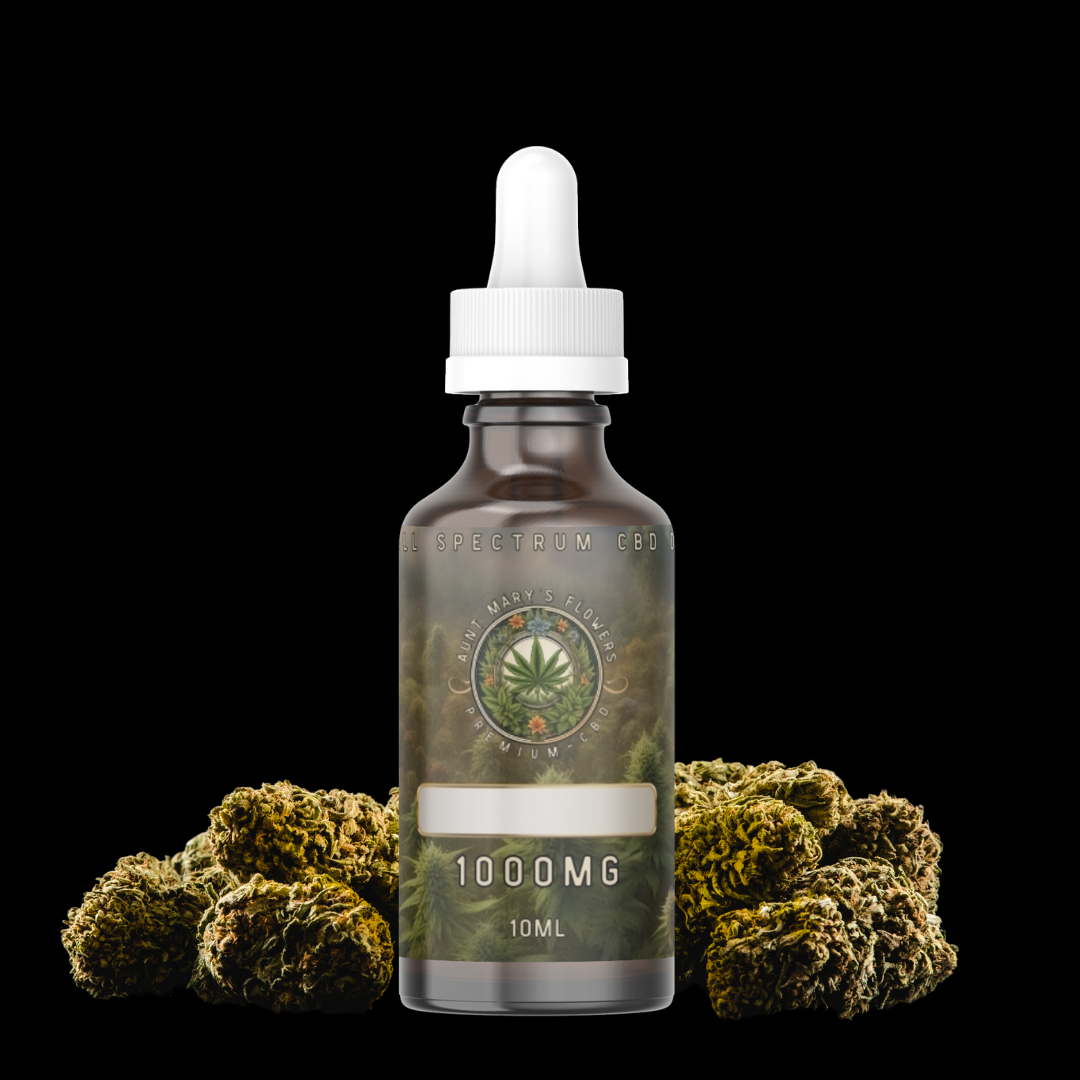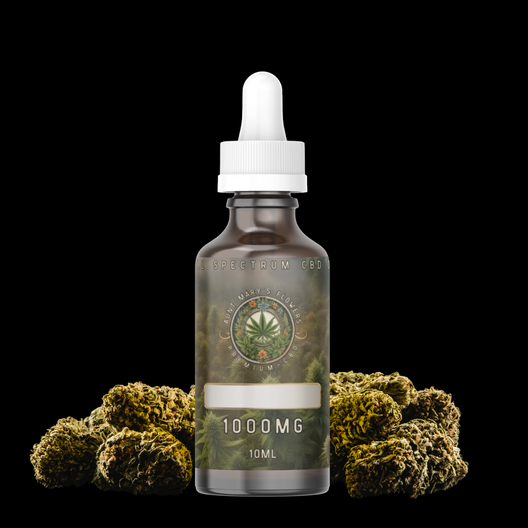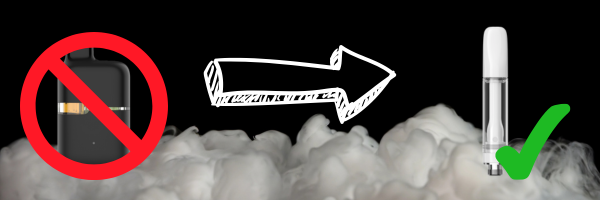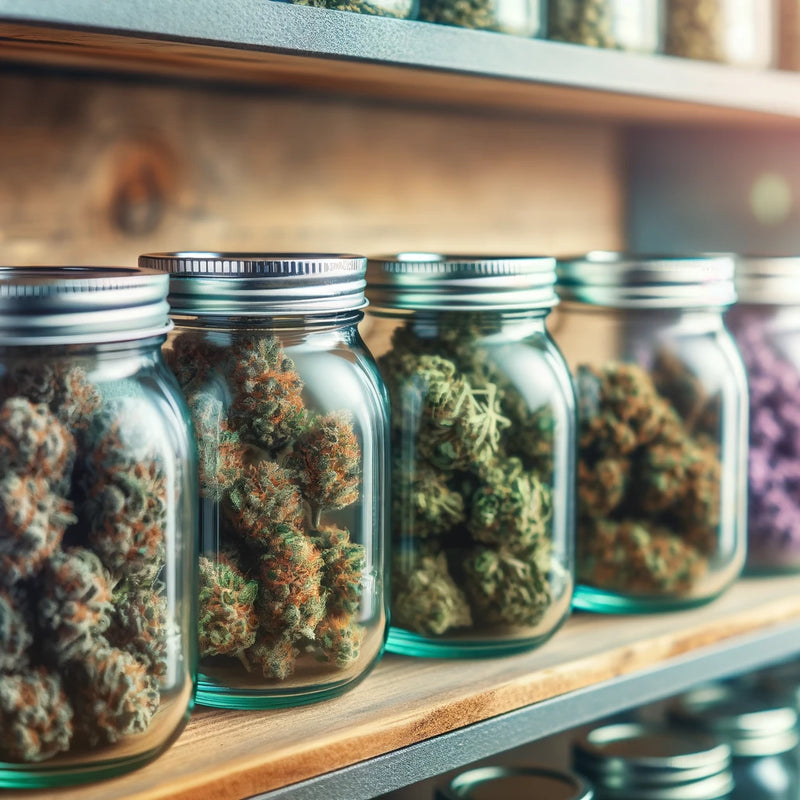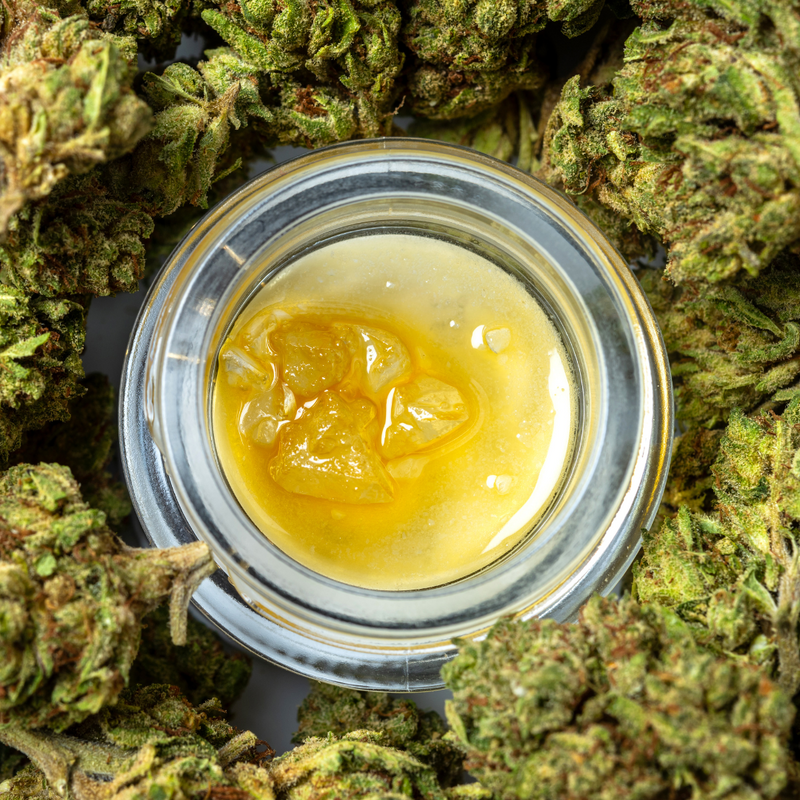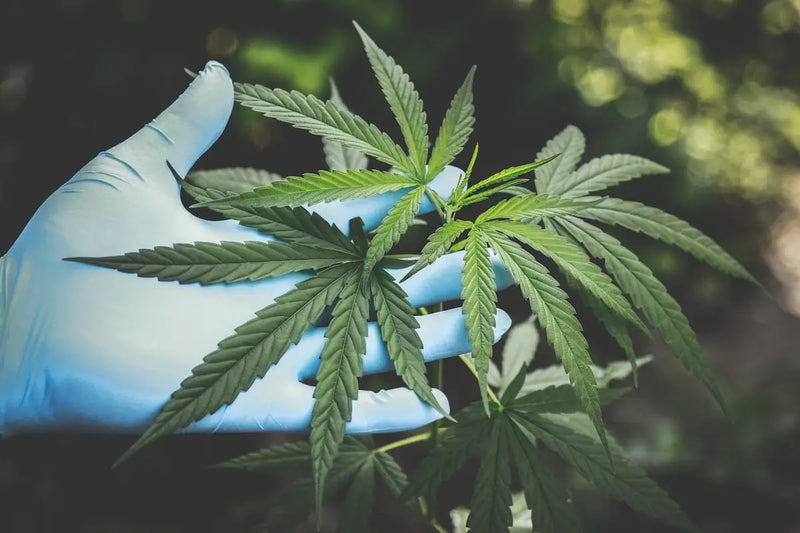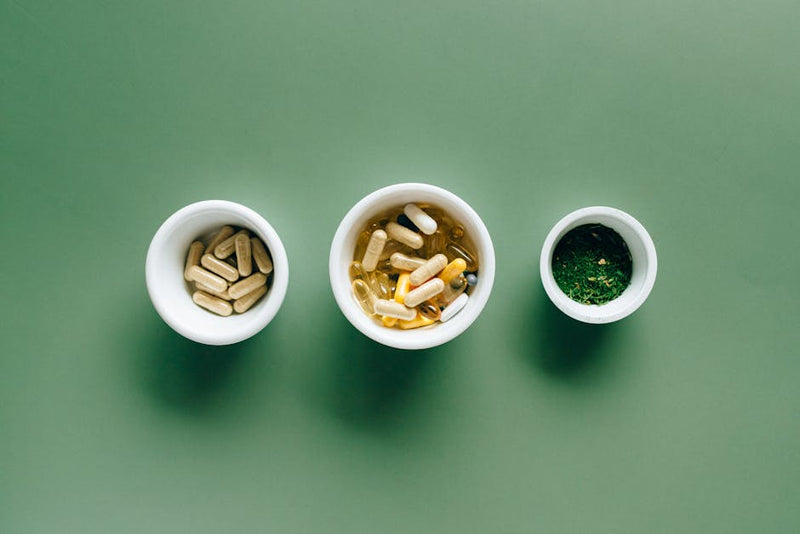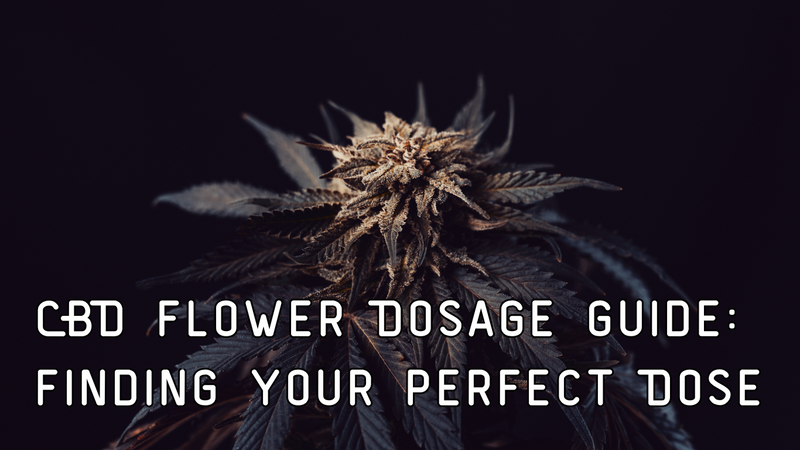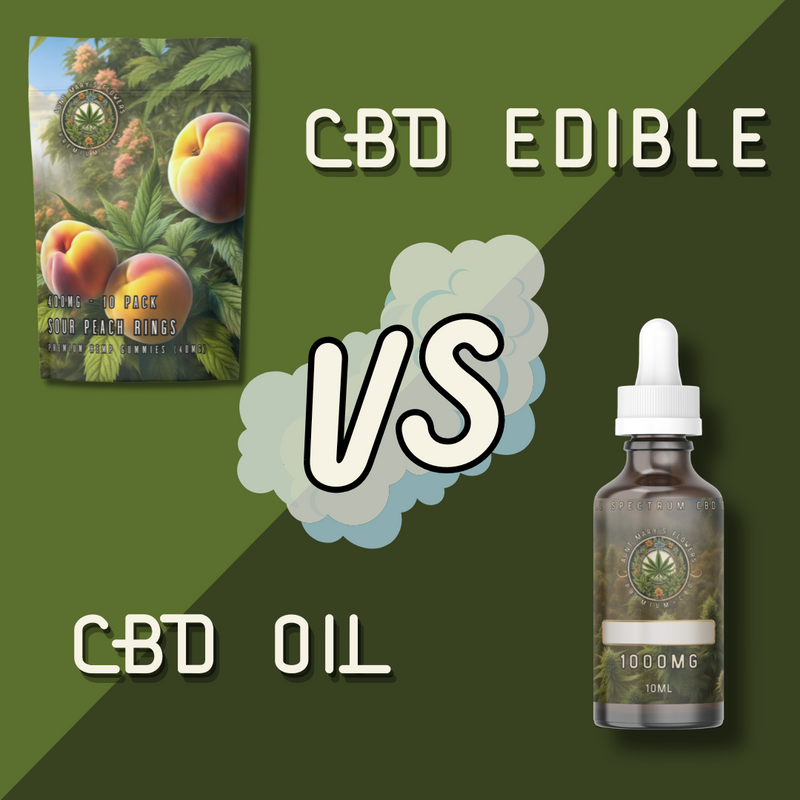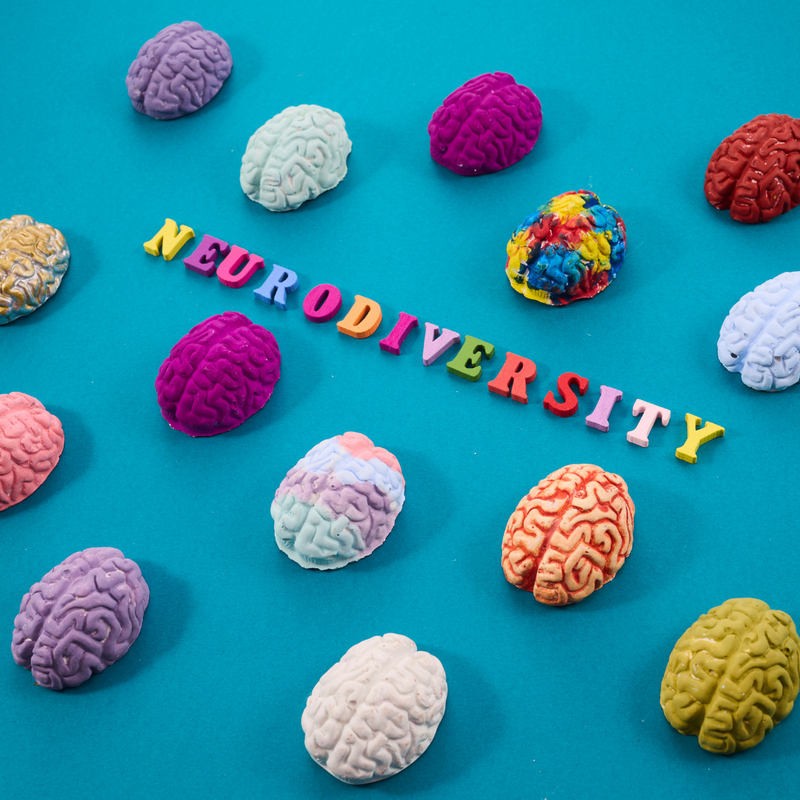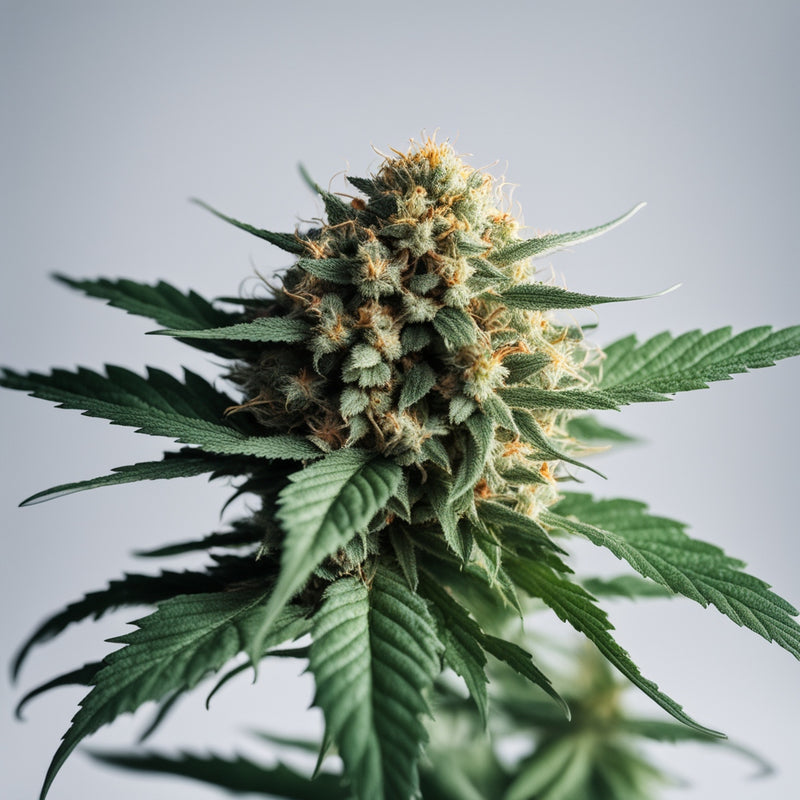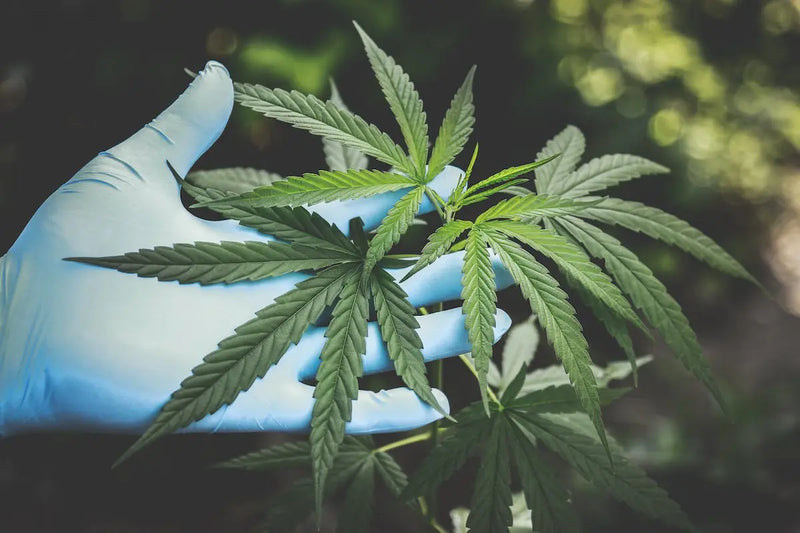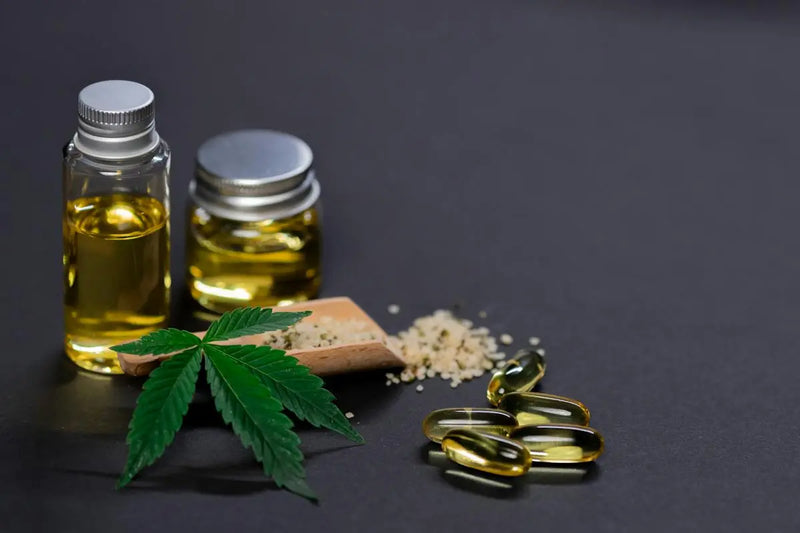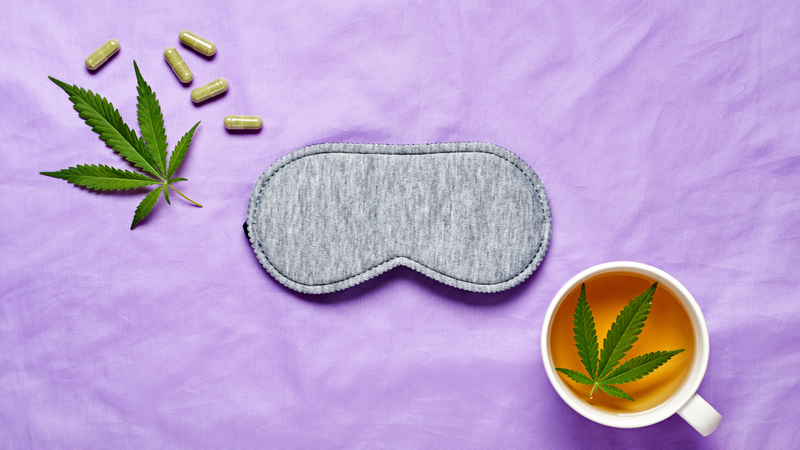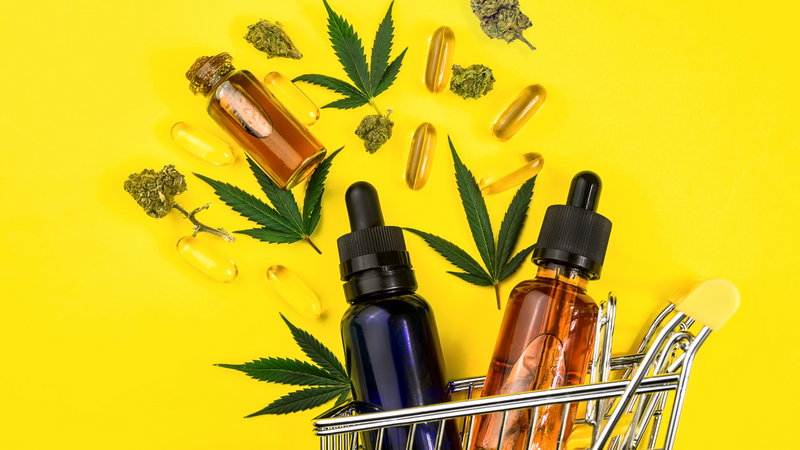The cannabis landscape has changed dramatically in recent years with the emergence of synthetic and alternative cannabinoids, including THC-P, HHC, HHC-O, and Delta-8 THC. These compounds have gained traction in the USA and EU markets, often marketed as legal alternatives to traditional cannabis products. However, the safety and efficacy of these synthetic cannabinoids remain subjects of concern, prompting questions about their potential risks.
Understanding Synthetic Cannabinoids
Synthetic cannabinoids are chemical compounds designed to mimic the effects of naturally occurring cannabinoids like delta-9 THC and CBD. They can be synthesised in labs or modified versions of natural compounds. Unlike traditional cannabis products, which are increasingly regulated, many synthetic cannabinoids slip through legal cracks, making them accessible in places where cannabis remains illegal or restricted.
The Rise of Synthetic Cannabinoids
- Legal Gray Areas: The loopholes in legislation surrounding these compounds have contributed to their rapid rise. While delta-9 THC is classified as a controlled substance in many regions, synthetic cannabinoids often do not fall under the same regulatory frameworks.
- Market Demand: As more states and countries legalize cannabis, consumers are seeking alternatives that offer similar psychoactive effects. This demand has driven the growth of synthetic cannabinoid products.
The Risks Associated with Synthetic Cannabinoids
Despite their popularity, the safety of synthetic cannabinoids is questionable. A lack of extensive research and regulation raises several concerns regarding their use.
1. Potency and Unpredictability
Many synthetic cannabinoids, such as THC-P, are significantly more potent than traditional THC. This heightened potency can lead to unpredictable effects, making it difficult for users to gauge their reactions.
- Overconsumption Risks: Users may inadvertently consume excessive amounts, leading to heightened psychoactive experiences that can result in anxiety, paranoia, or hallucinations.
2. Adverse Health Effects
Reports indicate that synthetic cannabinoids can lead to various negative health outcomes, both mental and physical.
-
Mental Health Risks: Individuals with pre-existing mental health conditions may find that synthetic cannabinoids exacerbate their symptoms. Cases of severe anxiety, panic attacks, and depressive episodes have been documented.
-
Physical Reactions: Users have reported side effects such as rapid heartbeat, dizziness, nausea, and headaches. These effects can be particularly pronounced in potent compounds like HHC and THC-O.
3. Contamination and Quality Control Issues
Unlike natural cannabis products, which are increasingly subject to testing and regulation, synthetic cannabinoids often come from unregulated sources.
-
Manufacturing Risks: Poor manufacturing practices can lead to contamination with harmful substances, including heavy metals, pesticides, and residual solvents. This contamination poses additional health risks to consumers.
-
Inconsistent Quality: The lack of standardization in production can result in products that vary widely in potency and purity, making it difficult for consumers to know what they are actually consuming.
Customer Outcomes: Real Experiences with Synthetic Cannabinoids
Consumer experiences with synthetic cannabinoids have been mixed, with many users seeking out these products for their legal status and perceived benefits. However, reports of negative experiences are common.
-
Intense Psychoactive Effects: Users of high-potency synthetic cannabinoids often report stronger and more prolonged psychoactive effects than they would experience with traditional THC. This can lead to heightened anxiety, disorientation, and paranoia.
-
Physical Health Issues: Some users have experienced troubling physical effects, such as increased heart rate, dizziness, and gastrointestinal distress. These side effects can diminish the overall experience and raise health concerns.
Why Some Retailers Refuse to Sell Synthetic Cannabinoids
Many responsible retailers, including companies like Aunt Mary’s Flowers, have opted not to sell synthetic cannabinoids. Their decision stems from a commitment to consumer safety and ethical business practices.
1. Ethical Concerns
Retailers who prioritize consumer health and well-being often view the sale of synthetic cannabinoids as irresponsible, given the lack of reliable information regarding their safety.
- Commitment to Quality: Retailers who refuse to sell synthetic cannabinoids emphasize their dedication to providing high-quality, tested products. They aim to foster trust with consumers by offering products with known safety profiles.
2. Health and Safety Risks
The potential risks associated with synthetic cannabinoids—including contamination, adverse health effects, and legal uncertainties—are significant deterrents for responsible retailers.
- Consumer Protection: By refusing to stock synthetic cannabinoids, these retailers protect their customers from the unpredictable outcomes that may arise from these products, ensuring that they only sell items that have been properly vetted and tested.
Conclusion: A Call for Caution
As synthetic cannabinoids continue to permeate the market, consumers must approach these products with caution. The potential for severe side effects, coupled with the risks of contamination and inconsistent quality, underscores the importance of making informed decisions.
For those considering synthetic cannabinoids, it’s crucial to conduct thorough research and consult with healthcare professionals. Responsible retailers will prioritize transparency and safety, helping consumers navigate the complexities of the cannabis landscape while protecting their health and well-being.






